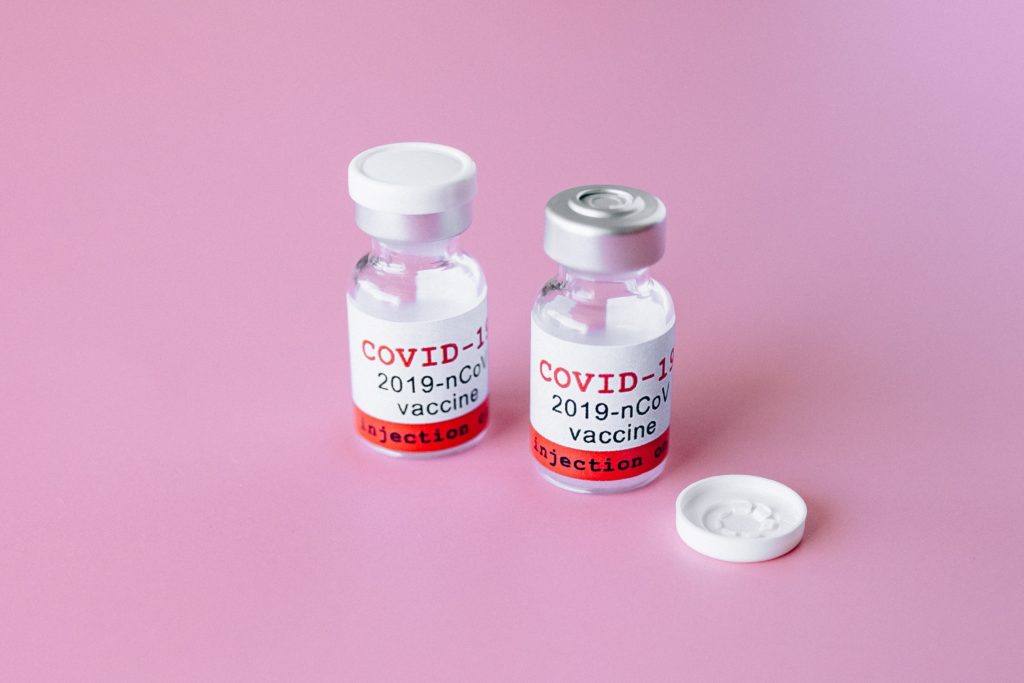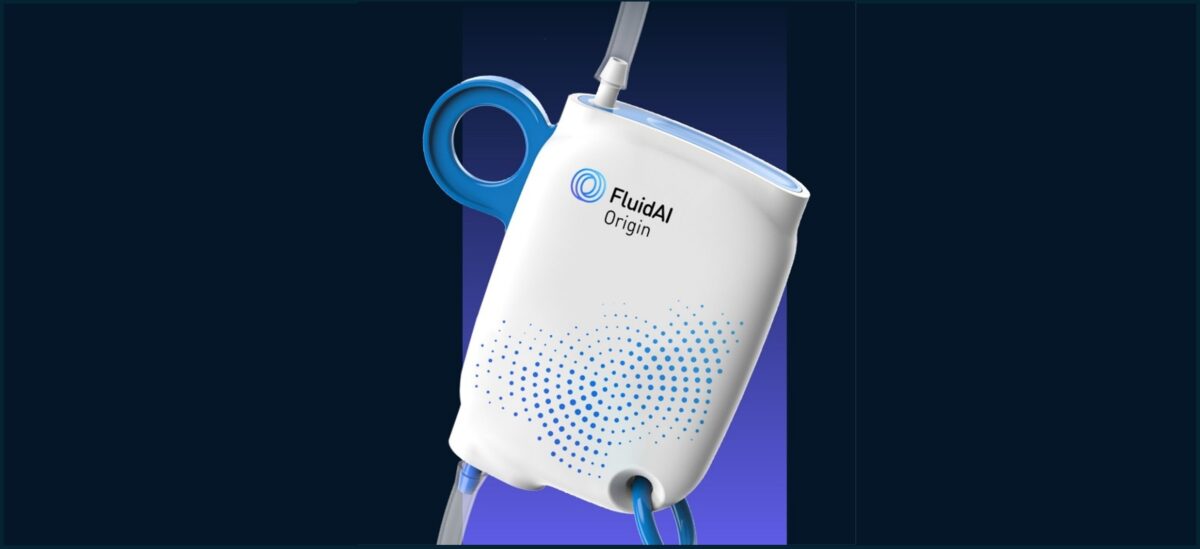Pfizer Inc. (NASDAQ: PFE) and BioNTech SE (Nasdaq: BNTX) revealed they have submitted new data to the US Food and Drug Administration (FDA) that demonstrates the stability of their COVID-19 vaccine when stored at common freezer temperatures of -25°C to -15°C for pharmaceutical products.
The submitted data is in support of a proposed update to the US Emergency Use Authorization (EUA) prescribing information, which would make it possible for vaccine vials to be stored at standard freezer temperatures for two weeks. This would serve as either an alternative short-term storage option, or be used in conjunction with storage at ultra-low temperatures.
Currently, Pfizer/BioNTech’s COVID-19 vaccine has to be stored at ultra-cold temperatures between -80ºC and -60ºC (-112ºF to ‑76ºF). This has been a complicating factor as most conventional pharmaceutical supply chains are not equipped with ultra-cold temperature storage along a chain. Once a multi-dose vial is opened and diluted with a saline solution, the doses must be administered within a few hours.
The vaccines can be stored for up to six months at the ultracold temperatures. Before use, vials are thawed and before mixing with the saline diluent, can be refrigerated for up to five days at standard refrigerator temperatures between 2ºC and 8ºC (36⁰F and 46⁰F). The vaccine is injected at room temperature by medical staff.
If approved, the provision of storing the vaccines at -25°C to -15°C for two weeks would be in addition to the five-day refrigerator allowance, increasing overall storage time. This could help facilitate transport of the vaccines in regular, non-ultra-cold supply chains, and also between vaccination sites once they get there — for example, if a site gets more doses than they need, they can deliver them to another site that may require more.
Related: Pfizer to Slash COVID-19 Vaccine Manufacturing Time by Almost 50 Percent
The FDA submission includes stability data obtained from batches manufactured over the past nine months throughout the COVID-19 vaccine development process. This includes batches used in the earliest phase clinical trials all the way to the commercial-scale batches that are in current production. These data will also be presented to regulatory agencies worldwide over the next couple of weeks.
“We have been continuously performing stability studies to support the production of the vaccine at commercial scale, with the goal of making the vaccine as accessible as possible for healthcare providers and people across the US and around the world,” said Albert Bourla, chairman and chief executive officer, Pfizer, in statement from the company.
Bourla added that, “We appreciate our ongoing collaboration with the FDA and CDC as we work to ensure our vaccine can be shipped and stored under increasingly flexible conditions. If approved, this new storage option would offer pharmacies and vaccination centers greater flexibility in how they manage their vaccine supply.”
Flexibility is key in the global distribution of COVID-19 vaccines, particularly to poorer countries and remote areas that do not have immediate and readily available ultracold storage facilities. Expanding the allowable freezer temperature ranges will therefore help support better delivery and distribution.
Cold Chains
There are different types of cold chains. These include the -70ºC “ultralow” chain, or the “deep freeze;” the standard, “regular freezer” -20ºC frozen chain; and the 4ºC refrigerated chain.
Most vaccines, including the influenza vaccines, are refrigerated between 2ºC and 8ºC. Only a few are frozen at -20ºC, such as vaccines for varicella and zoster. Vaccines that need to be stored at ultra-cold temperatures include the Ebola vaccine and some animal vaccines, such as those for chickens.
Moving to the actual supply chains, there are few facilities that accommodate ultracold storage. While research labs at large universities, research institutes and some large hospitals may have these facilities, the typical pharmacy or physician’s office does not. However, some pharmacy chain distribution centers may have “sub-80” freezer boxes, which could potentially be used to ship vaccines to retail stores. However, this requires advance planning and coordination.
Pfizer/BioNTech’s COVID-19 vaccines are shipped in specially-designed thermal containers that are filled with dry ice. They can be used for up to 30 days as a temporary storage by refilling with dry ice every five days.
As more stability data becomes available, Pfizer/BioNTech expect that the shelf life and/or expiration date could be made longer, along with consideration of alternate short-term temperature storage.
“Our top priority was to quickly develop a safe and effective vaccine and make it available to the most vulnerable people in the world in order to save lives. At the same time, we have continuously collected data that could enable storage at around -20°C. The data submitted may facilitate the handling of our vaccine in pharmacies and provide vaccination centers an even greater flexibility,” said Ugur Sahin, CEO and co-founder of BioNTech. “We will continue to leverage our expertise to develop potential new formulations that could make our vaccine even easier to transport and use.”












Join or login to leave a comment
JOIN LOGIN